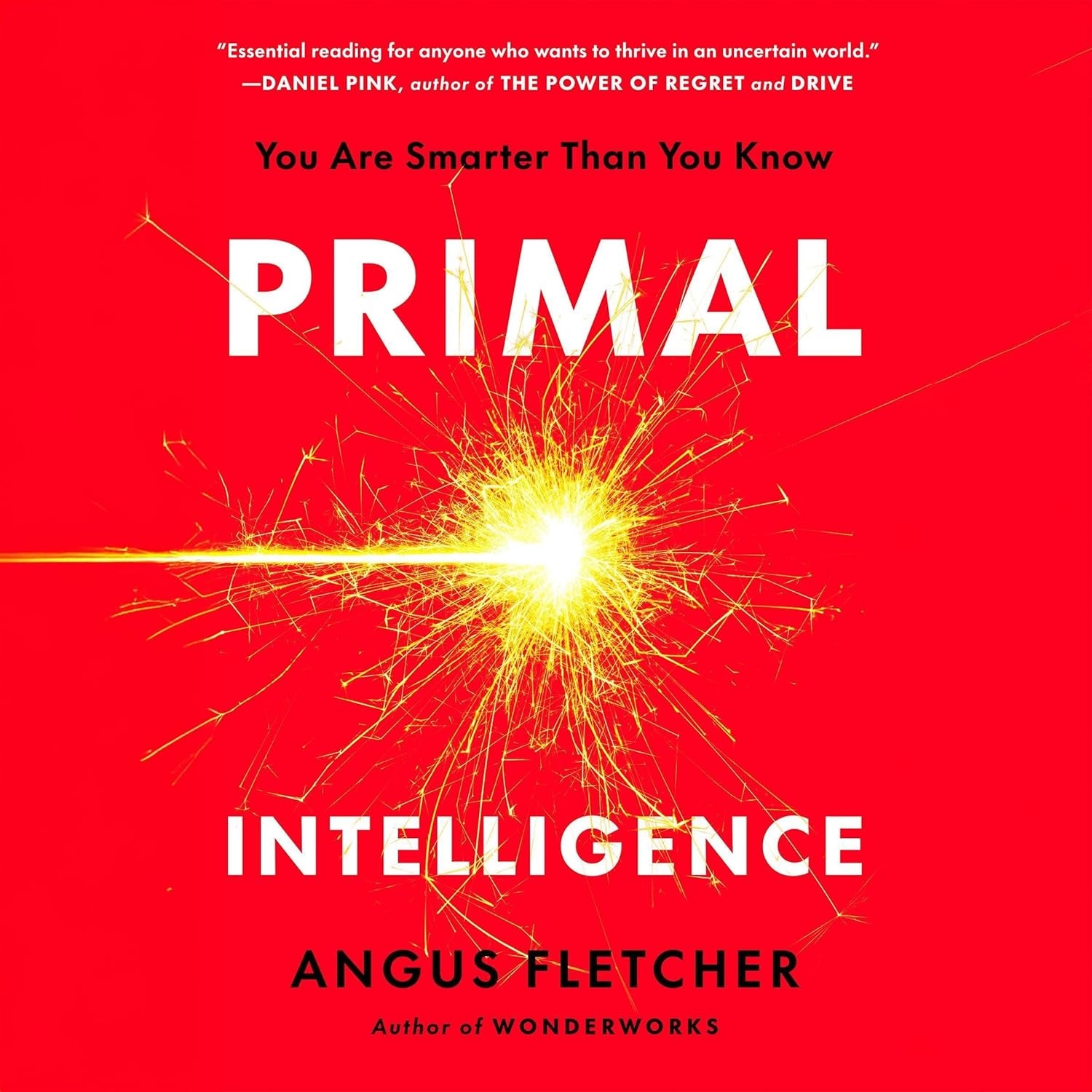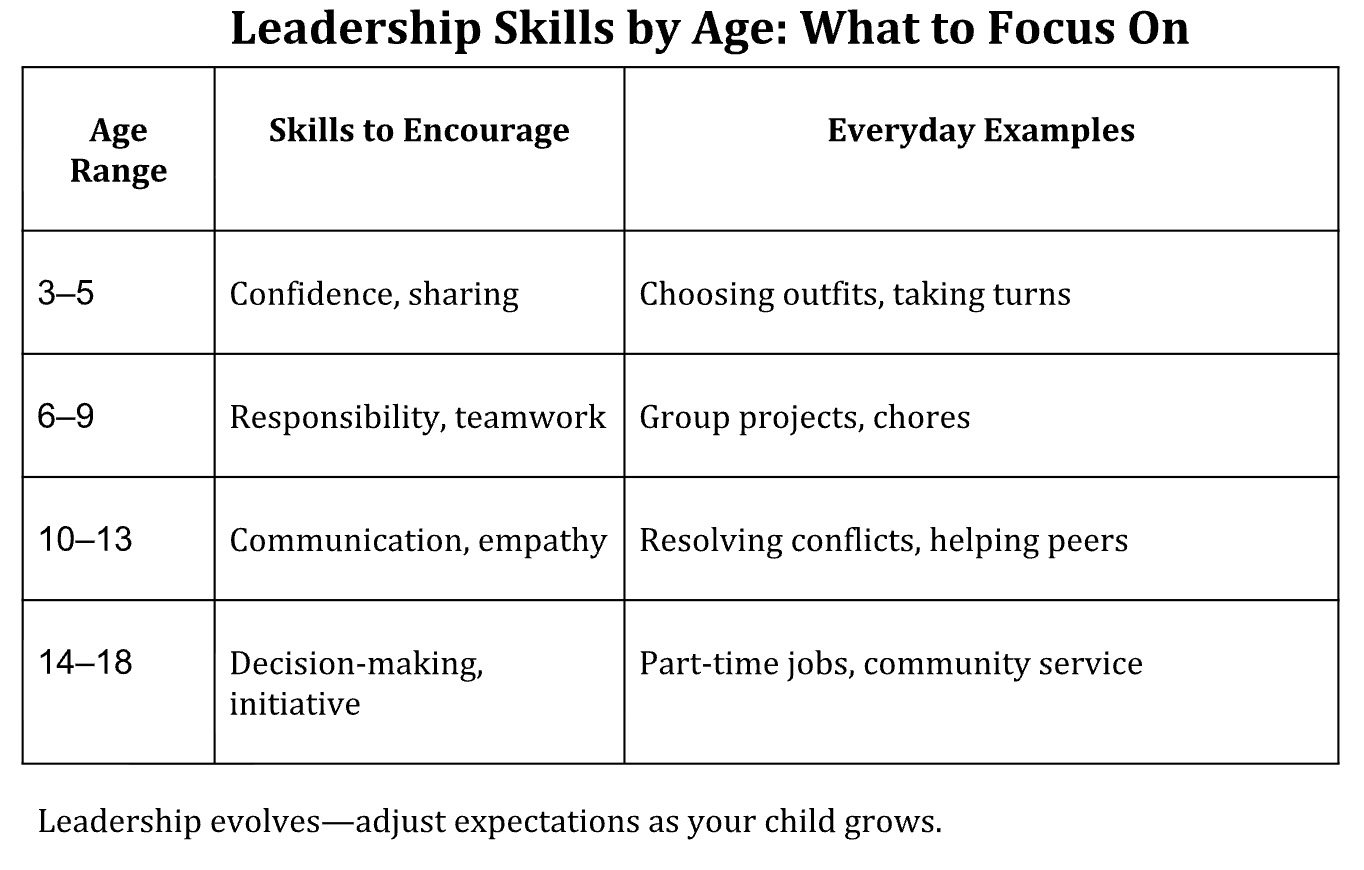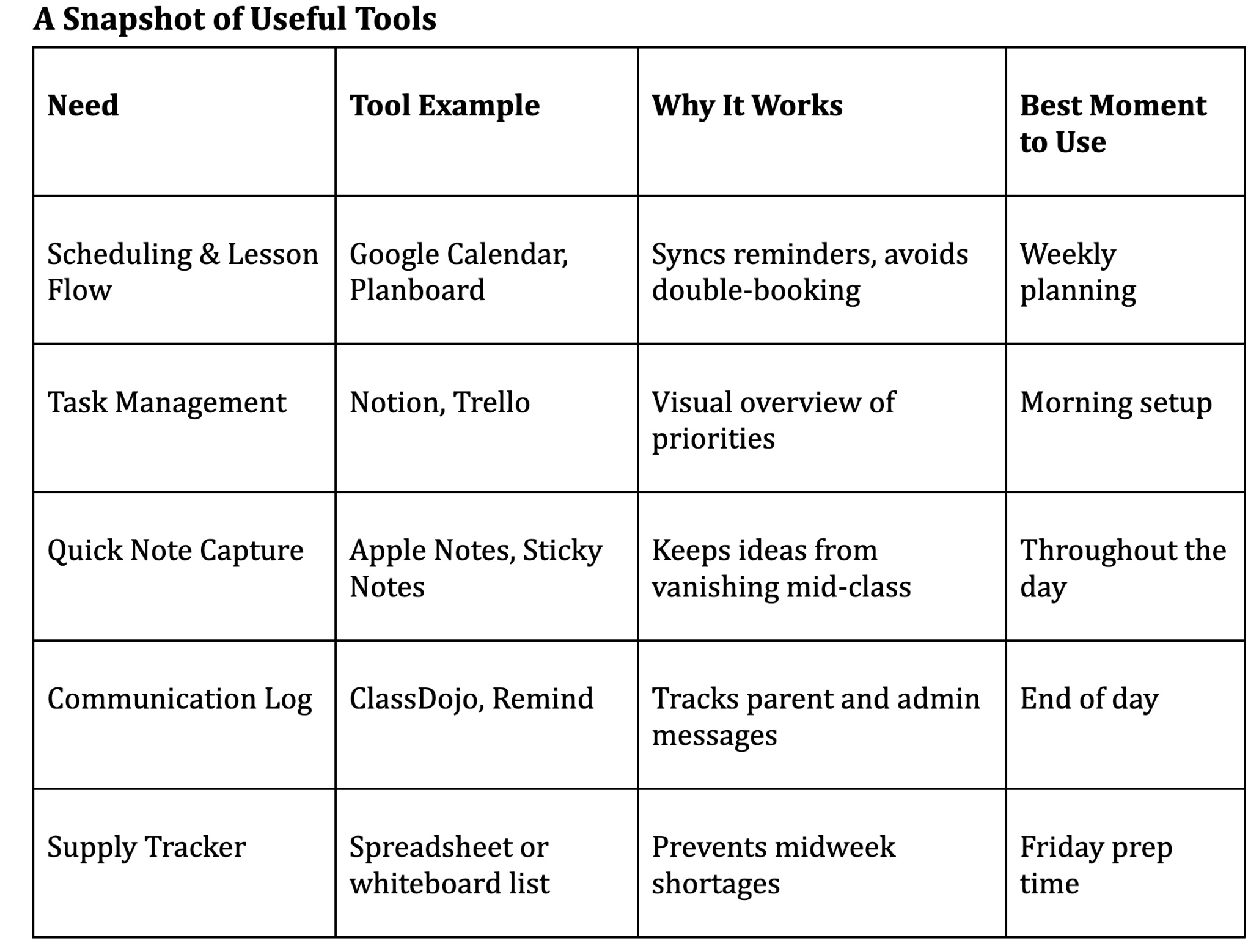I post content as I find it with the date of the top post in the headline. These are free Resources for Busy Parents and Educators Who Don’t Have as Much Time to Read and Surf as I Do. Be sure to check out my book summaries too.
Try the bottom right translate button for your favorite language or one you are trying to learn. If you don’t see it, check your adblocking software.
Important Books for 2026 (AI, Work & the Future) – In this video, Dan Pink share 11 books to read in 2026—not as a routine list, but as a response to the world we’re stepping into. @DanielPink
How do solar panels work? Richard Komp examines how solar panels convert solar energy to electrical energy. @TED_ED
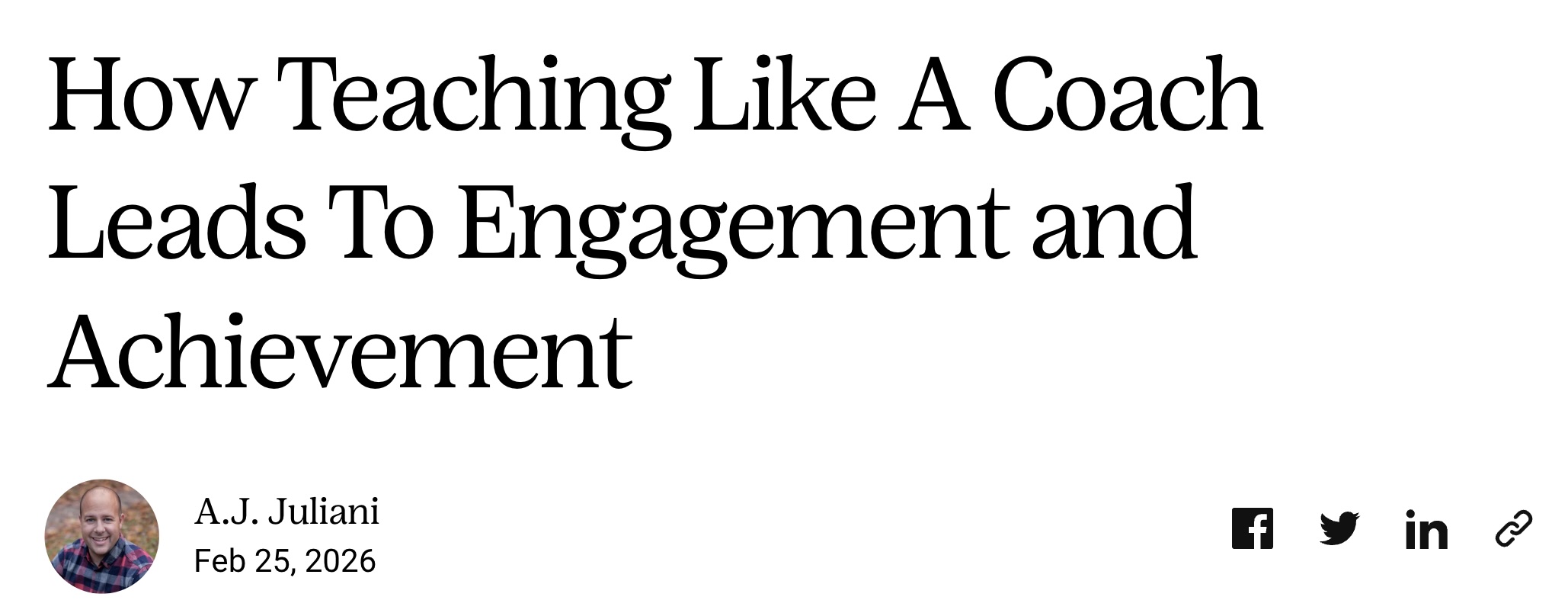
How Teaching Like A Coach Leads To Engagement and Achievement = If you walk into any gym or field during practice and you’ll notice something that rarely happens in a classroom — every single athlete is working. @ajjuliani
7 Simple Brain Exercises to Boost Your Brain Power and Focus – Some of these might be good activities for teachers to use. Curiosity Code via @YouTube
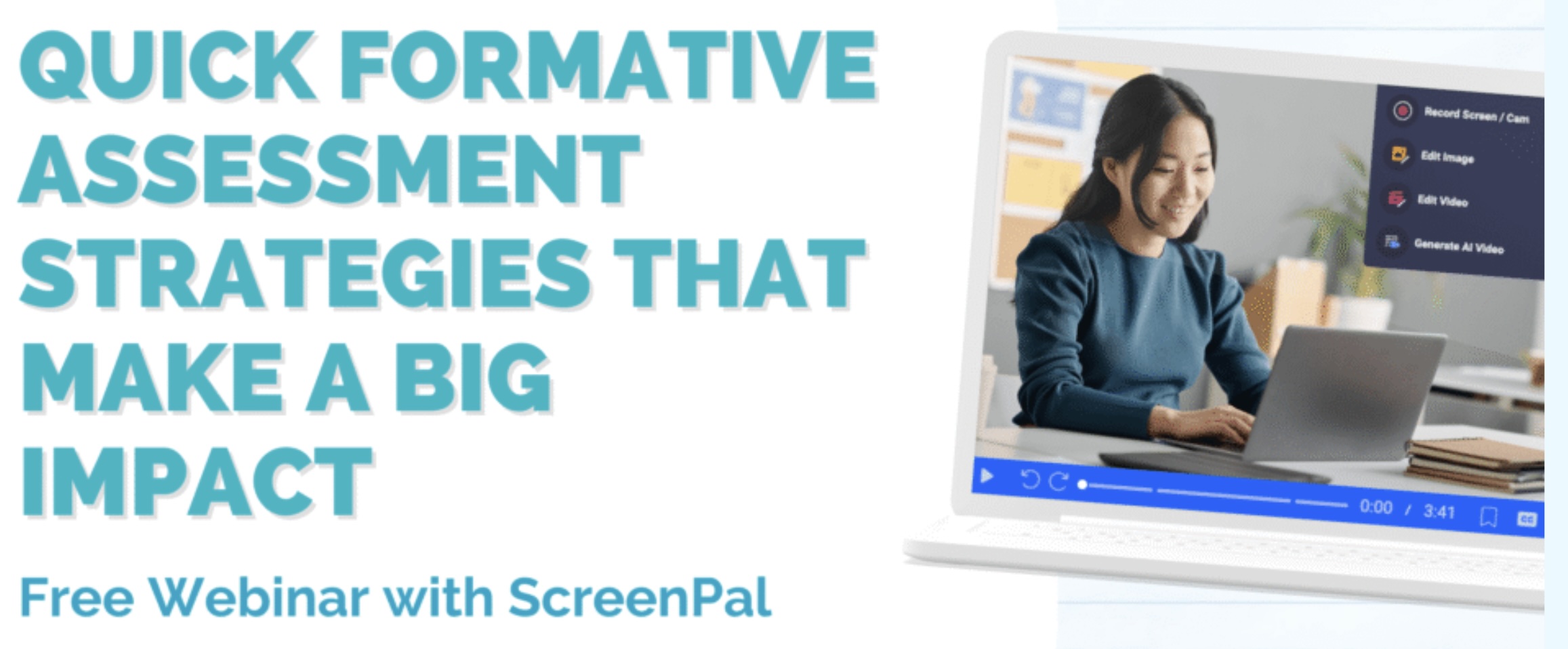
Quick Formative Assessment Strategies that Make a Big Impact – There is also a free webinar coming o Feb. 27. @ClassTechTips
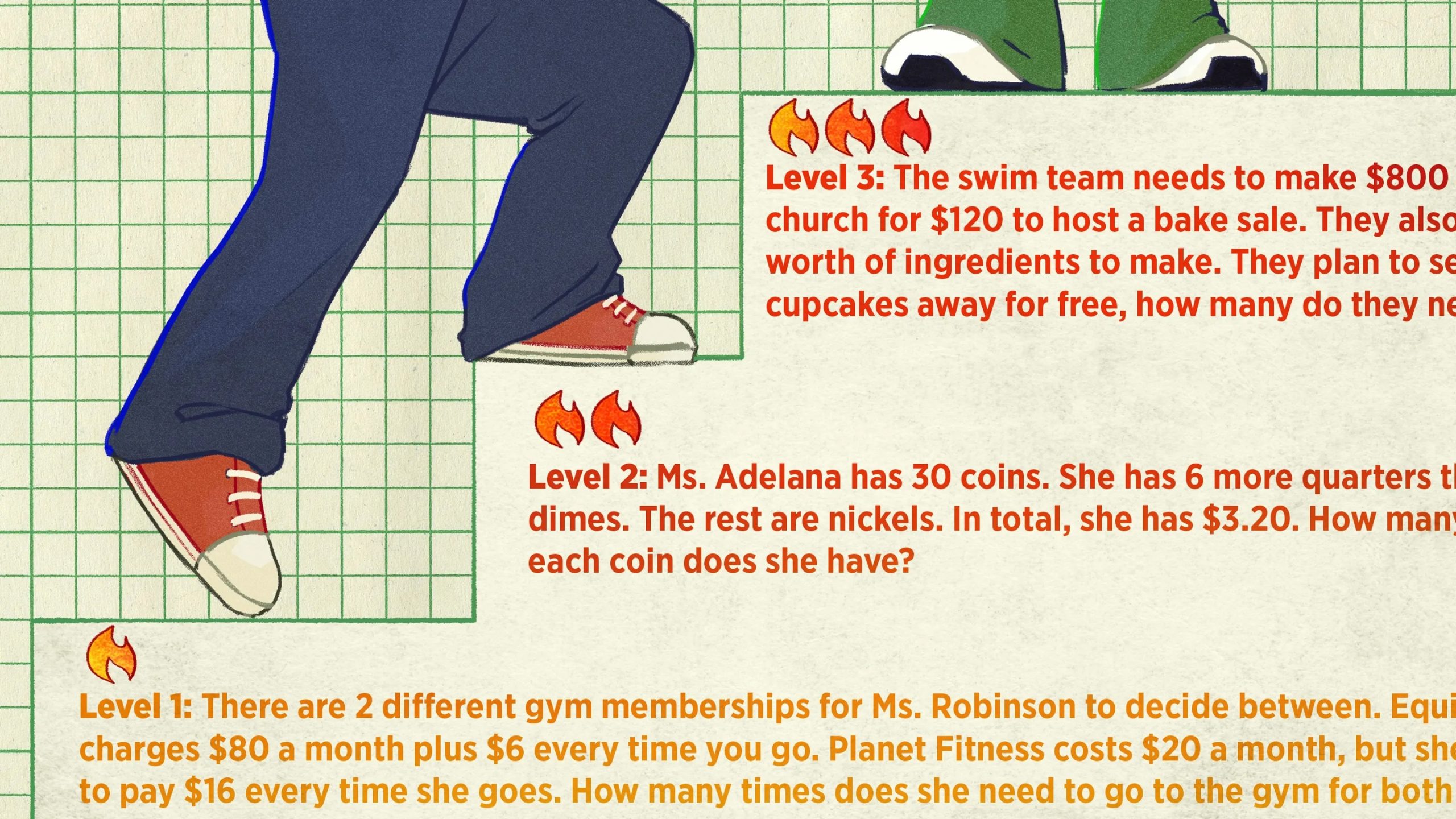
Is Your Math Homework Worth Doing? After years of assigning the kind of homework she had done as a student and observing students’ disengagement with it, a teacher overhauled how she assigns math practice. @mrs_frommert @Edutopia

New research challenges fears about AI in the classroom. A new analysis shows AI is most often used to promote reasoning, analysis, and evaluation rather than answer-getting. @eschoolnews
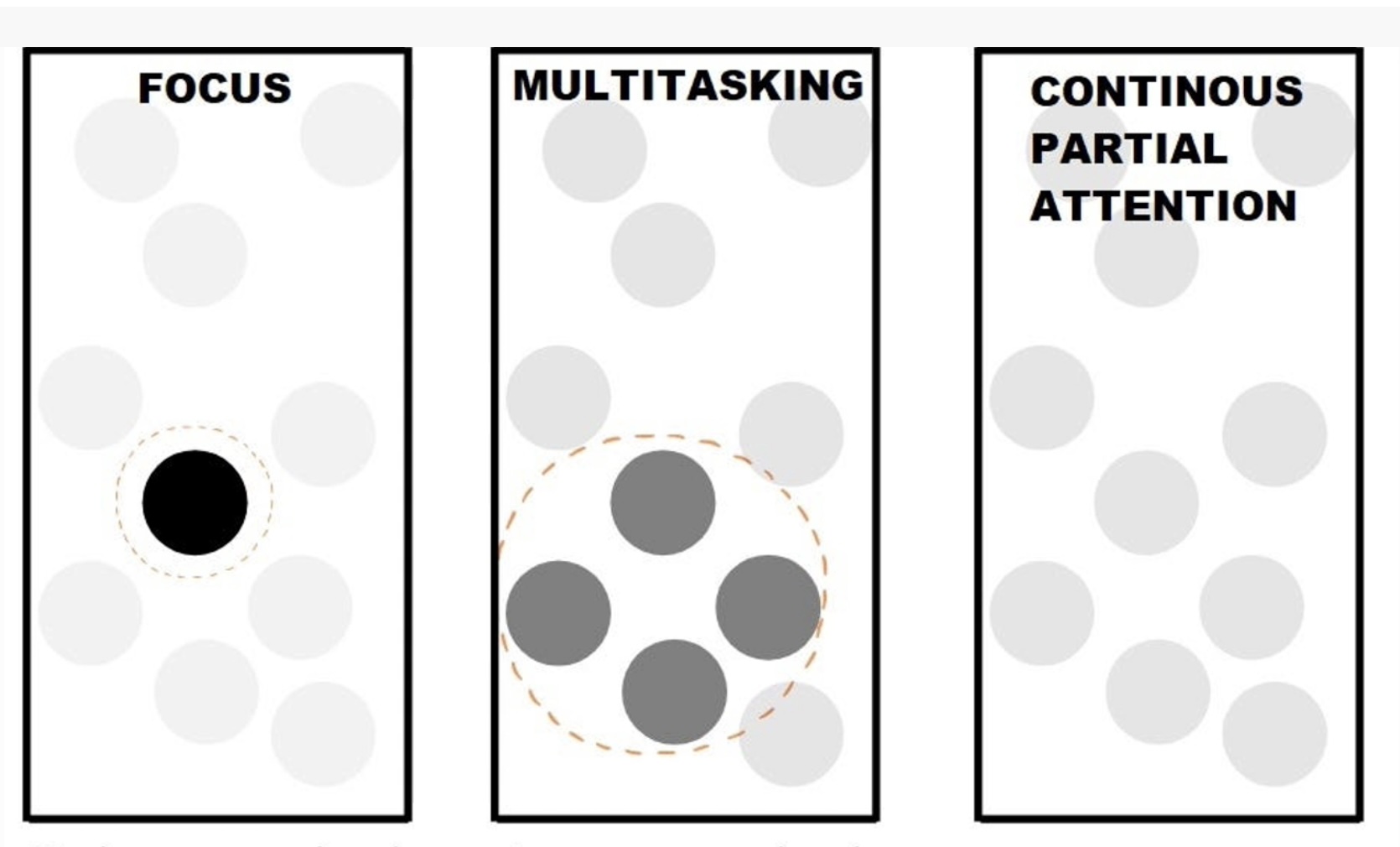
The Impact of Continuous Partial Attention on Students – The short video (8:36) is great for teachers, parents, and students. @ajjuliani
Empowering Students With AI Starts With the Learning Goal. When educators design learning intentionally, AI becomes another tool students learn to use. @InnovativeEdu @techlearning

New Report Card Grades States on Laws Banning Phones in Schools = How is your state doing?@lauren__coffey @EdSurge
Every Mineral Your Body Needs Explained – This short (12:00) animations will tell you what each mineral does and which foods contain them. This is good from upper elementary to adult. Also watch
Every Vitamin Your Body Needs ExplainedExplain The Things via @YouTube
Why is a Circle 360 Degrees, Why Not a Simpler Number, like 100? As it turns out 360 is actually a very good number. From a purely mathematical standpoint, a number like 10 or 100 would have been more inconvenient. @abc_science
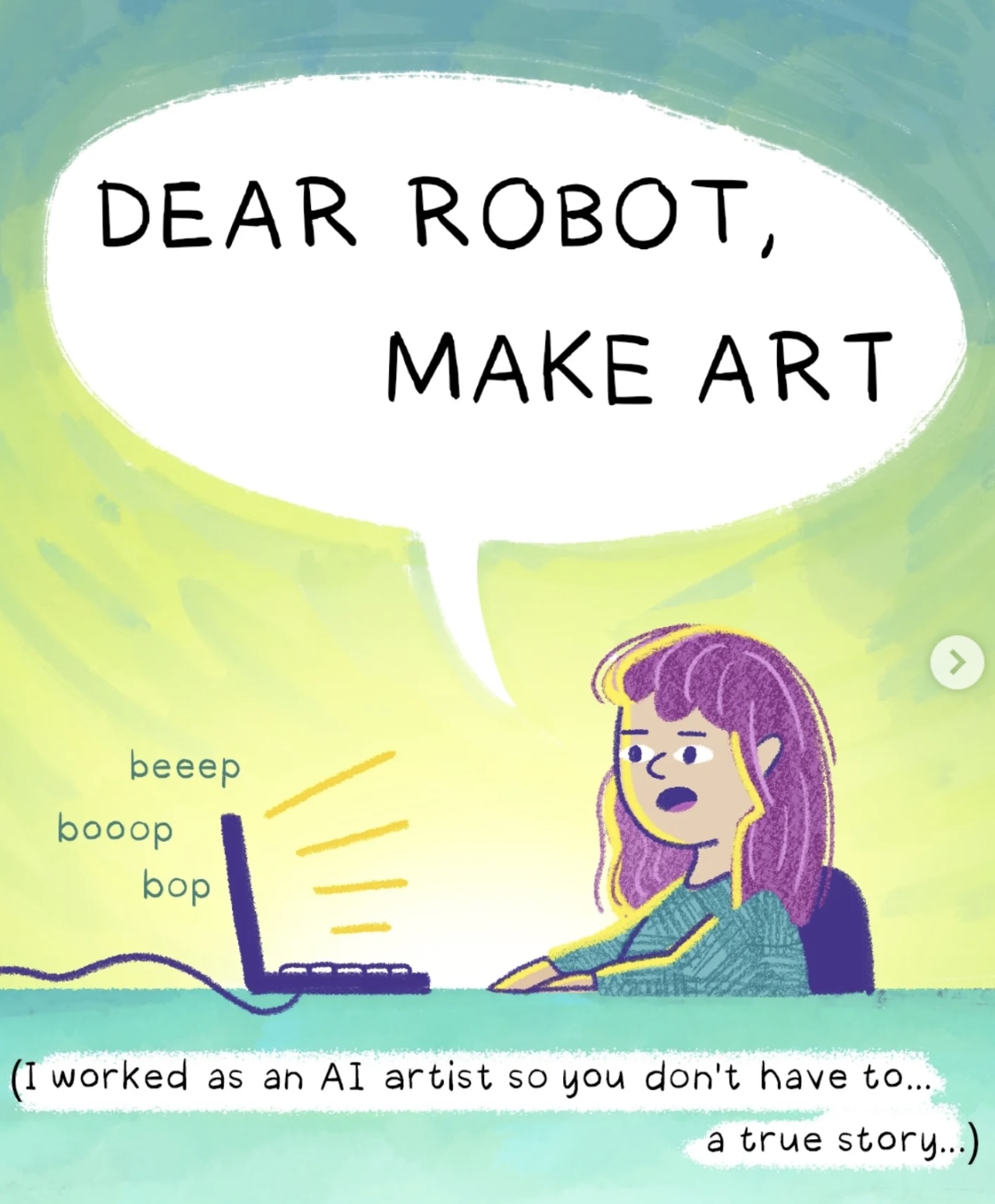
Dear Robot, Make Art. This delightful cartoon tells the story of and artist who was asked to use AI. It’s funny, touching, and insightful. If you see a box at the beginnng just close it. Scroll left to read the story. amymariestad via Instagram @amymariestad on X.
21 Books That Changed How Daniel Pink Thinks Forever – If these books can change Pink’s mind, they just might change yours too. “When we change our minds, we change the world.” @DanielPink

How to Keep Violent Porn Out of Your Home and Away From Your Kids – Parents often really underestimate the extent to which their own children are likely to have seen pornography, How about you? @FoodieScience @MindShiftKQED
What School of Rock Got Right about Education – One of the very best ways to motivate kids to learn is through the pursuit of their interests and development of their talents. Teachers must see this movie. @s_n_farley @middleweb
5 tips to improve your critical thinking – Samantha Agoos – Share with students who may not know what critical thinking is. @Pockless
The Science Behind Long Walks and Longevity – I walk a lot and am never sick. How about you? @HealthyLivingON
Elon Musk’s Incredible Speech on the Education System | Eye Opening Video on Education. All teachers and students should watch this. @elonmusk

Recent Book Summaries & My Podcasts
The Anxious Generation: How the Great Rewiring of Childhood I Causing an Epidemic of Mental Illness by Jonathan Haidt – @JonHaidt
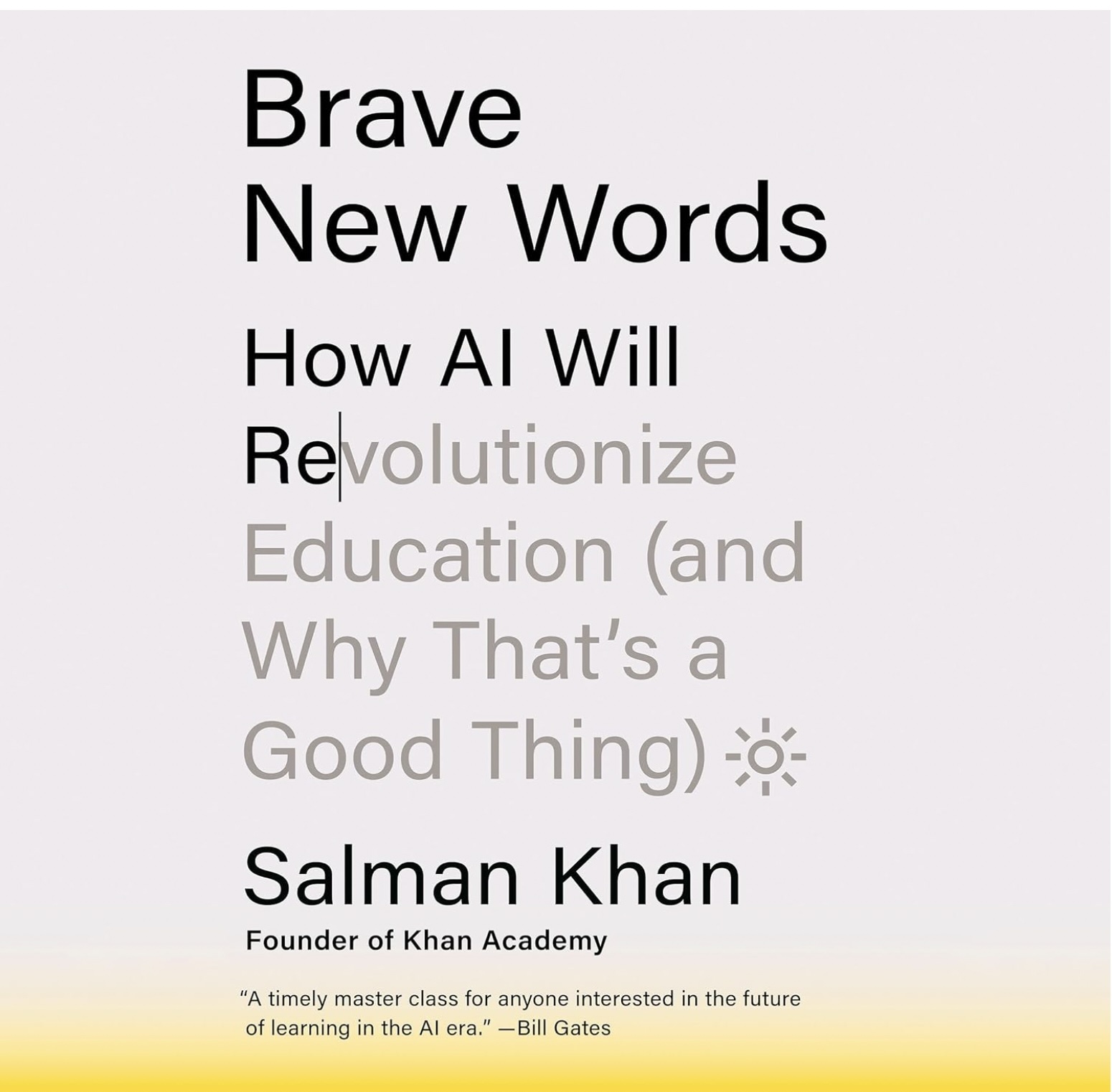
Brave New Words: How AI Will Revolutionize Education (and Why That’s a Good Thing) by Salman Khan
Building Thinking Classrooms in Mathematics Grades K-12: 14 Teaching Practices for Enhancing Learning by Peter Liljedahl
Influence: The Psychology of Persuasion by Robert Cialdini@RobertCialdini
Valedictorians at the Gate: Standing Out, Getting In, and Staying Sane While Applying to College by Becky Munsterer Sabky
Plays Well With Others: The Surprising Science Behind Why Everything You Know About Relationships Is (Mostly) Wrongby Eric Barker
How to Raise Kids Who Aren’t Assholes: Science-Based Strategies for Better Parenting from Tots to Teens by Melinda Wenner Moyer
My Post-Pandemic Teaching and Learning Observations by Dr. Doug Green Times 10 Publications
The Power of Regret: How Looking Backward Moves Us Forward by Daniel Pink
Limitless Mind: Learn, Lead, and Live Without Barriers by Jo Boaler
The Future of Smart: How Our Education System Needs to Change to Help All Young People Thrive by Ulcca Joshi Hansen
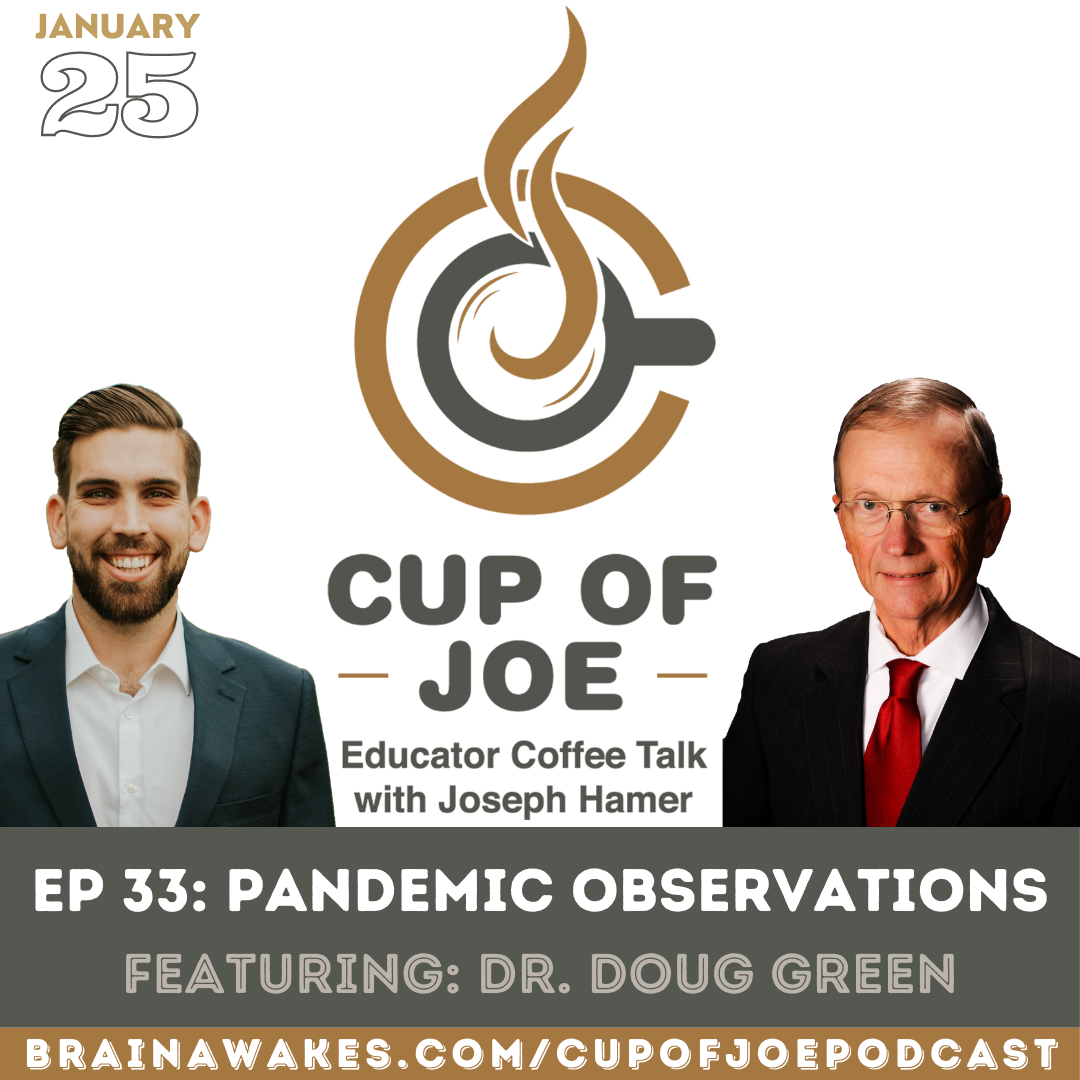
Listen to Dr. Doug on the “Cup of Joe” podcast. I recorded it last week. On it, I talk about the many good things I have seen in schools doing hybrid teaching. @PodcastCupOfJoe @DrDougGreen @BrainAwakes
This is my podcast on the Jabbedu Network. Please consider listening and buying my book Teaching Isn’t Rocket Science, It’s Way More Complex. Here’s a free executive summary. @jabbedu @DrDougGreen
Boys and Sex: Young Men on Hookups, Love, Porn, Consent, and Navigating the New Masculinity by Peggy Orenstein






